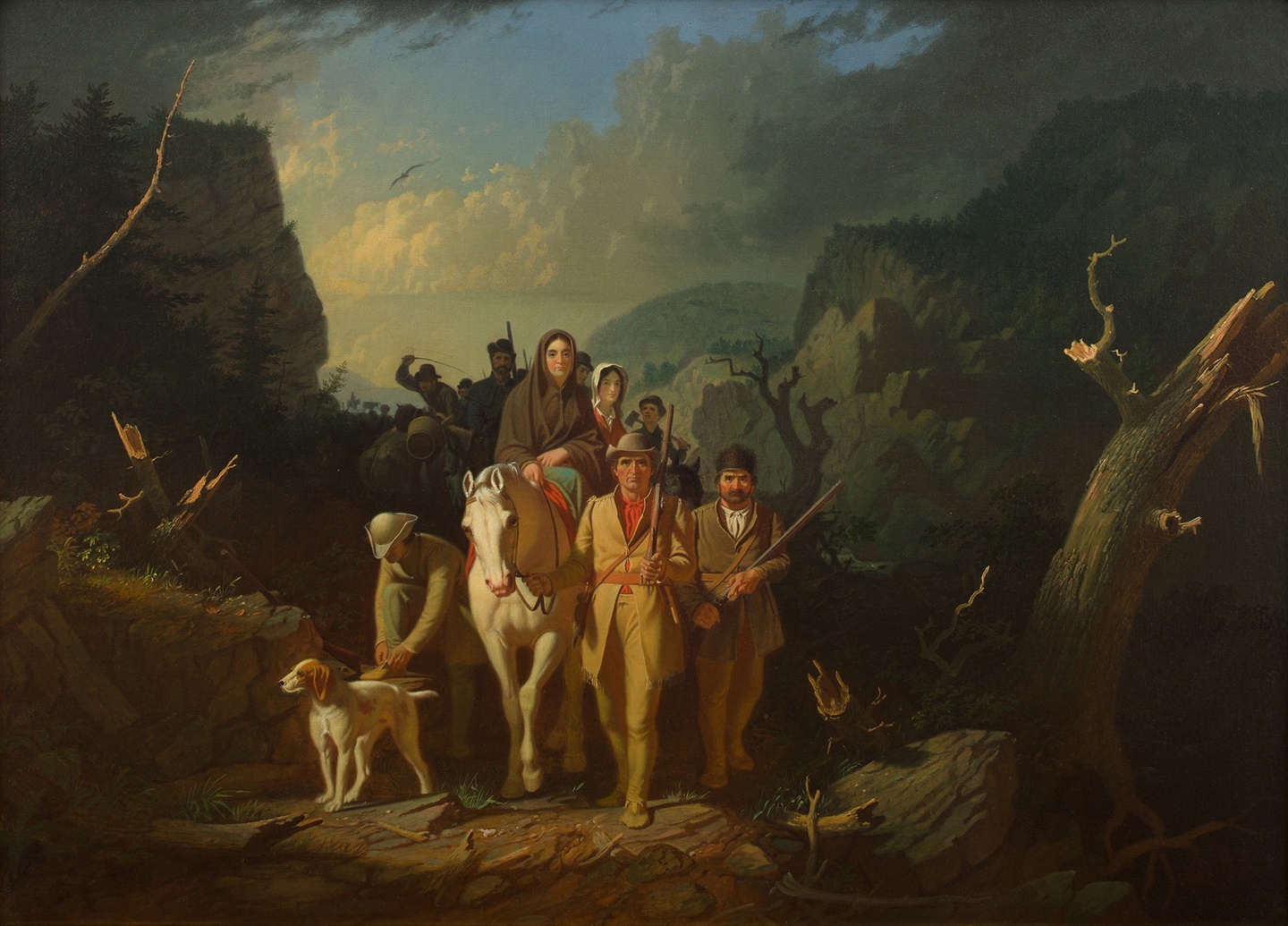Mythologizing the West: A Conversation about American Identity, National Heroes, and Their Representations
Amid the worldwide racial justice protests of 2020, demands for institutional change and accountability came swiftly and grew loud. One critique that arose from those demands concerned the ways in which American history is (mis)represented in museums. Nineteenth-century American history is complex, contentious, and often contested. The period of American Westward expansion captured the imagination of American genre and landscape painters, including Missouri-based artists George Caleb Bingham and Charles Ferdinand Wimar. These artists mythologized white settler colonialism and contributed to the formation of an American national identity through the landscape. But the “progress” of Westward expansion and the white supremacist ideology which justified it came at a tremendous cost to the Indigenous people as stewards of the land and to their cultures. This talk will investigate how constructions of American identity and national memory are presented within the gallery space. The talk will also explore how nineteenth-century American landscape paintings inform or contribute to the current conversation about representation and diversity within art museums, as well as the current movement to reexamine America’s history and national heroes.
This online program is free, but registration is required.
About the speaker
Alexis Carr is a second-year graduate student at Washington University in St. Louis. She is pursuing a master’s degree in art history and archaeology. She earned her BFA in studio art (with a painting emphasis) and minor in art history from Missouri Western State University. Over the course of her studies, Carr has held internship positions at multiple art institutions including the National Portrait Gallery in Washington, DC; Artforum magazine; and the Mildred Lane Kemper Art Museum. Her academic interests include nineteenth-century American art, contemporary Black feminist art, and museum studies.
